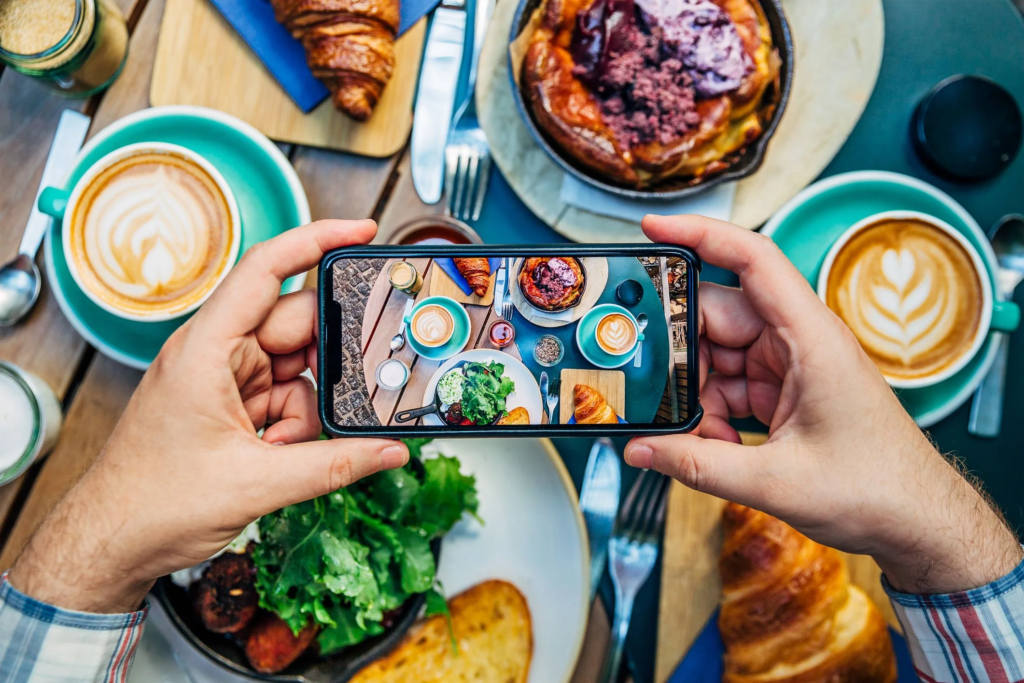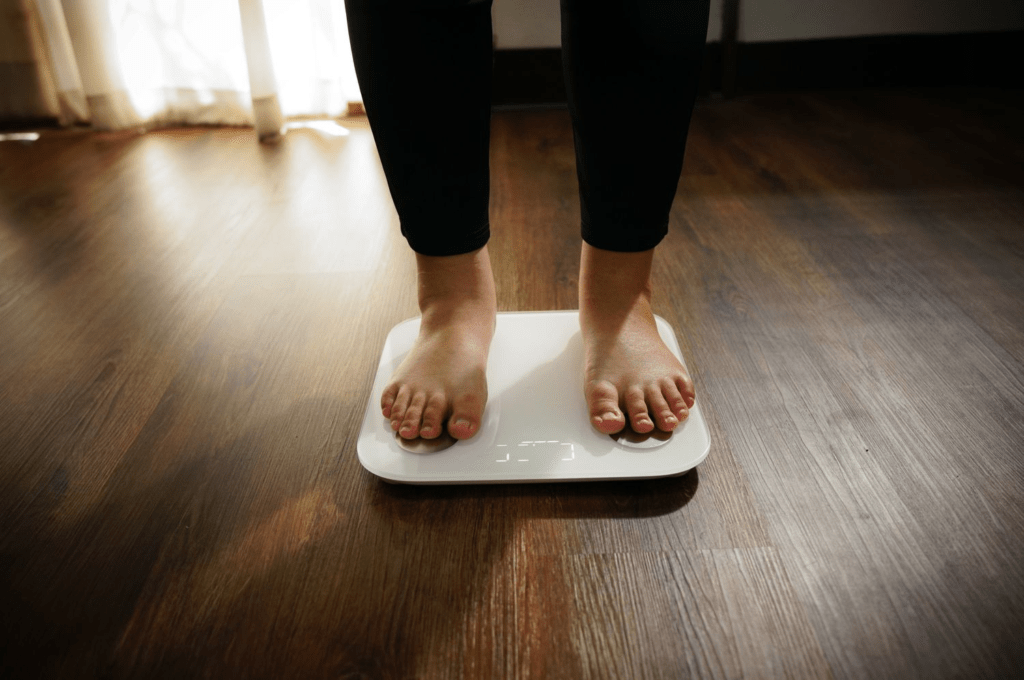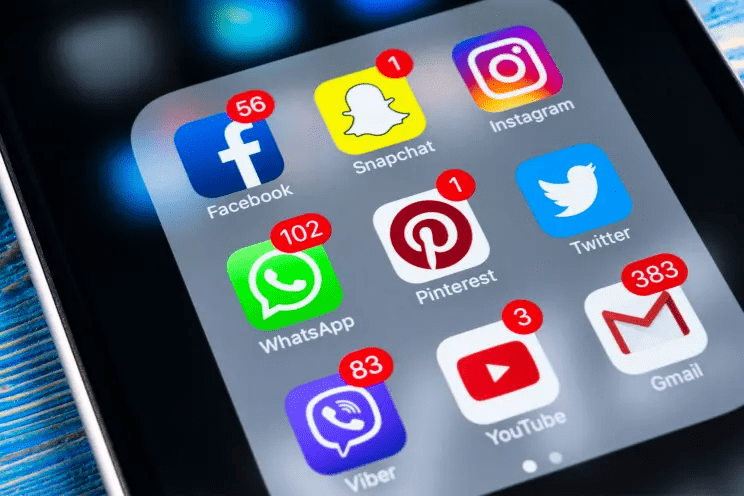Experts Uncover the Alarming Link Between Social Media and Eating Habits – Are You at Risk?

If your teen has been spending more time on their new phone or smart device after the holidays, you might be concerned. But did you know that increased screen time could be linked to a higher risk of developing an eating disorder? Research has suggested a troubling connection between the use of social media and eating disorders, and the more time adolescents spend online, the more vulnerable they might be.
The Research Behind the Connection
A study from September found that every additional hour of screen time and social media use increased the likelihood of eating disorder symptoms. Another 2023 study highlighted the role of cyberbullying—something teens are more exposed to online—which is also a known risk factor for eating disorders. Dr. Jason Nagata, an associate professor at the University of California, suggests that binge-watching shows or scrolling through social media could contribute to binge eating, noting that his 2021 study linked social media use with a 62% higher risk of developing binge eating disorder a year later.

The connection between social media use and eating disorders is complex, and experts recommend various strategies for mitigating risks.
Why Is Social Media So Harmful?
You might be wondering: What makes social media so dangerous? According to Dr. Nagata, social media provides greater access to both positive and negative influences. Teens are often exposed to edited images, unattainable body ideals, and unhealthy behaviors. Erin Birely, a counselor at the Renfrew Center, explains that while social media allows teens to connect with others, it also opens the door to communities that may promote harmful body image standards or disordered eating habits.

Influencers who promote weight loss products or idealized body types can make unhealthy behaviors seem normal, which exacerbates issues. Jennifer Rollin, founder of the Eating Disorder Center in Maryland, adds that while magazine ads have long made people feel insecure about their appearance, social media advertisements often go unnoticed, making it harder to recognize the negative impact.

The Pressure of Public Perception
What makes social media particularly challenging for teens is the pressure to conform to a certain image. Teenagers know they’re being watched—whether it’s through likes, comments, or the risk of bullying. Dr. Nagata points out that this constant feedback loop can create a vicious cycle, where teens feel compelled to craft the “perfect” image to avoid judgment. The stress and anxiety associated with curating these images can, in turn, worsen eating disorder symptoms.
Recognizing the Subtle Dangers of Social Media Content
While obvious content—like dieting tips or exercise challenges—can be harmful, some of the most damaging material might fly under the radar. Rollin warns that normalizing behaviors focused solely on weight loss or body image obsession can lead to an unhealthy focus on appearance, even if the content itself isn’t explicitly promoting eating disorders.

In fact, even following accounts that feature a single body type can lead to harmful comparisons. Social media feeds that lack diversity in body types or focus solely on appearance may deepen unhealthy body image concerns. Experts recommend diversifying feeds by adding accounts that promote positive body image and celebrate different experiences and hobbies.
Should You Delete Social Media?
While social media isn’t the sole cause of eating disorders, limiting access can help. Birely suggests that delaying access to social media can be beneficial, but Rollin believes it’s equally important to monitor how teens use social media and how it makes them feel. If your teen seems anxious or stressed after using social media, it might be time to unfollow certain accounts, take a break, or even delete apps altogether.

If you notice signs of an eating disorder or unhealthy anxiety about food, it’s essential to seek professional help from a healthcare provider or therapist. Dr. Nagata stresses that eating disorders are best treated with an interdisciplinary approach, including medical, mental health, and nutritional support.
Creating a Supportive Environment
Instead of eliminating social media entirely, Birely emphasizes that it’s more about managing the risks. Talking openly with your teen about what they see and how it affects their emotions can be incredibly helpful. Encourage them to recognize triggering content and to manage their feelings when they encounter it.

It’s also important to encourage healthy habits at home. For instance, try to limit screen time during meals, which can encourage more family conversation and allow you to keep an eye on your child’s eating habits.
Spotting the Signs of an Eating Disorder
Warning signs of eating disorders include becoming obsessed with weight, body size, food, or exercise in a way that negatively impacts daily life. Teens may withdraw from normal activities or friends due to concerns about appearance or food. Dr. Nagata stresses that eating disorders can affect anyone—regardless of gender, race, or body size—and should be taken seriously.

In conclusion, while social media can offer supportive networks and positive experiences, it’s important to stay aware of its potential risks, especially regarding eating disorders. By fostering open communication and offering guidance, you can help your teen navigate the complexities of social media while protecting their mental and physical health.






